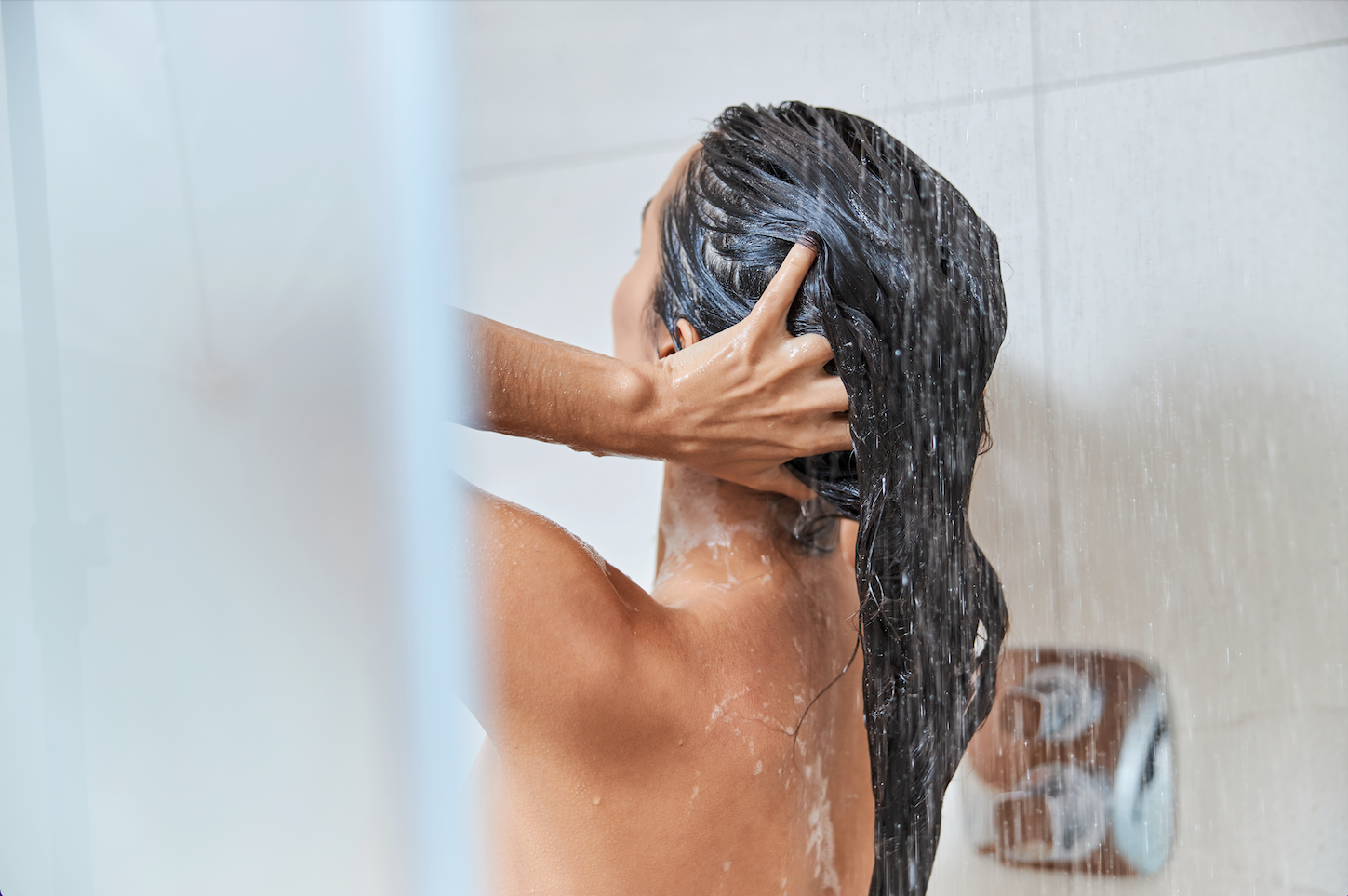
Can Hard Water Cause Hair Loss?
Can hard water cause hair loss? If your hair is feeling dull and lacklustre, or you’re experiencing breakage and hair shedding but have no idea why - it may be the result of the water you’re using to wash your hair. So in short, yes. Hard water, in extreme cases, can cause hair loss.
A study by PubMed found that 70 males who were exposed to hard water experienced hair breakage in comparison to those who washed their hair with deionized water. When your hair becomes damaged and broken, it becomes thin, eventually leading to hair loss over time.
Another study including 15 females who washed their hair in both hard water, and distilled water, found that the samples washed in hard water experienced a decrease in thickness and an overall more damaged appearance. That was only over the space of 30 days, imagine what happens if this goes on over a longer period.

How do minerals in water effect the hair and scalp?
SILKE London’s co-founder, Maria Sotiriou, is a professional hairstylist and hair expert with over 37 years of industry experience. She breaks down why hard water is so bad for your hair - “Hard water can affect both your hair and your scalp. When water is classed as hard it tends to contain high levels of minerals such as Magnesium, Calcium, Iron and Copper. The levels and ratios of these minerals will vary throughout different regions and countries.
This mineral content is bad for your hair because it builds up on the outer cuticles of hair, creating an unwanted barrier that blocks moisture from penetrating the hair shaft leading to dry, dehydrated hair. As a result, the hair will become lifeless, and dry, and eventually break off if the problem isn’t resolved. This tends to be a problem with the lengths of the hair, but in extreme cases, this can also affect the scalp. Scalp issues caused by hard water are more common with people who have previous skin conditions such as Eczema or Psoriasis.”
Washing your hair in hard water can cause a few additional issues aside from dullness and lifelessness. It can also lead to an overly dry, or overly greasy scalp, which may then lead to washing your hair more often!
If you colour treat your hair it’s certainly going to cause issues with fading and tone. When you spend all the time and money in the salon perfecting the tone you want, don’t lose it down the drain because of hard water.
Hard water can also affect hair growth. Studies have shown that one of the main side effects of washing your hair in hard water is thinning, and in turn, your hair will struggle to grow and will break off or become thinner over time.
At SILKE HQ we don’t subscribe to any of the above…
How do I know if I'm in a hard water area?
If your hair is feeling dry and brittle and you can’t seem to pinpoint the issue, it may well be your water’s mineral content so it’s always best to check!
It’s easy enough to check if you have hard water as there are publicly available hard water maps where you can simply enter your postcode and check if it’s an issue regionally. Some of the worst places for hard water in the UK are in the South and East of England as they’re chalk and limestone regions, and 85% of Americans have hard water in their homes.
Rainwater is naturally soft, but it becomes hard when it percolates through rock and minerals are absorbed into it, changing it to hard water. Many European countries also have hard water, so it’s always a good idea to check before you travel so you can prepare for your holiday hair wash! If your hair is suffering from hard water damage, all is not lost.

How can I repair my hair after hard water damage and mineral build up?
Maria explains - “It’s possible to repair your hair from the damage of mineral build-up. For this, I’d always recommend adding a clarifying shampoo to your hair routine once a week. If you choose to integrate this into your hair wash routine I would suggest doing only one shampoo and rinsing, as opposed to the ‘double cleanse’ or ‘double shampoo method’ I usually suggest. For your second shampoo opt for a hydrating formula. The reason for this is that clarifying shampoos tend to be quite strong and can sometimes be too much for hair that is already dehydrated. I would recommend testing out a clarifying and hydrating shampoo cocktail to find your perfect balance, but if you’re still finding your hair to be very dry there are alternatives!
I like to formulate natural hair cleansers myself which can be gentler. All you have to do is mix some fresh lemon and water then saturate your hair. You’ll want to leave this in for a minute, then rinse and shampoo twice with your regular shampoo. Afterwards, apply a nourishing hair mask and gently brush the mask downwards through the hair to the ends. Leaving the mask in to work its magic, wrap your hair in a shower cap for a minimum of 10 minutes before rinsing. I also really like steam treatments, so if you have access to one of those I’d give it a try!”
If you’re struggling with dry and brittle hair as an effect of hard water you’re probably simultaneously going to see a lot of hair fall and shedding on your pillow each morning. Pillows are made from abrasive fabrics which actively suck the moisture from your hair and create friction without you knowing as you sleep. The fabric and friction combined will cause further damage and dryness, not great when you’re trying to heal your hair!
Maria was experiencing this same nightly hair fall which led her to develop the first-ever Hair Wrap in an attempt to protect her hair overnight and also give back to it whilst it was being cocooned in 100% mulberry silk.
The SILKE London Hair Wrap is not only a glamorous bedtime accessory but also acts as a physical barrier between your hair and the fabric of your bedding. The ancient and magic properties of 100% silk also utilise the natural oils being produced at your scalp and distribute them evenly throughout your lengths, so you can skip greasy roots and a frizzy bedhead in favour of a shiny, hydrated, smooth look come morning.
It’s really all about minimum effort and maximum results!

Is there anything I can do to prevent hair damage if I live in a hard water area?
If you happen to live in a hard water area a preventative method would be to install a water softening system. Maria says:
“Water softening systems are great, but they can be a little pricey. A more affordable option which I have in my own home is systems that connect straight to your shower head. They work well to lower the risk of mineral build-up, especially if it’s in a shower where you regularly wash your hair!”
Understanding the effects of hard water can aid you in spotting the signs and putting things in place to save your hair from it. After all, don’t we all want soft, thick, shiny hair?
Love, SILKE xo




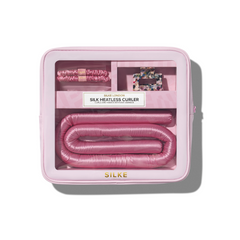

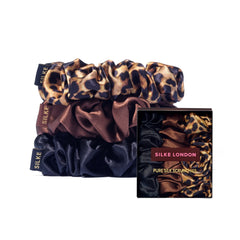
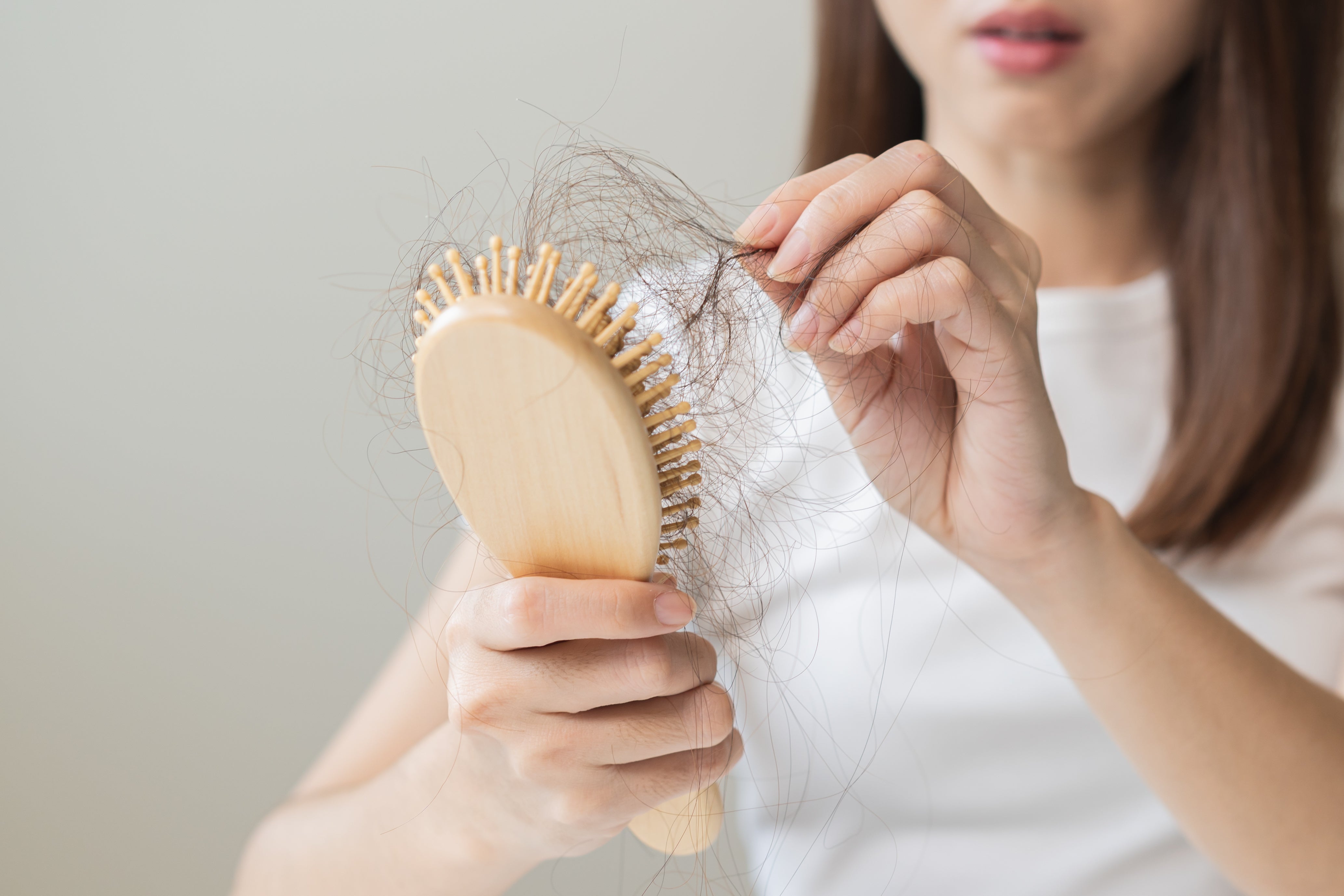
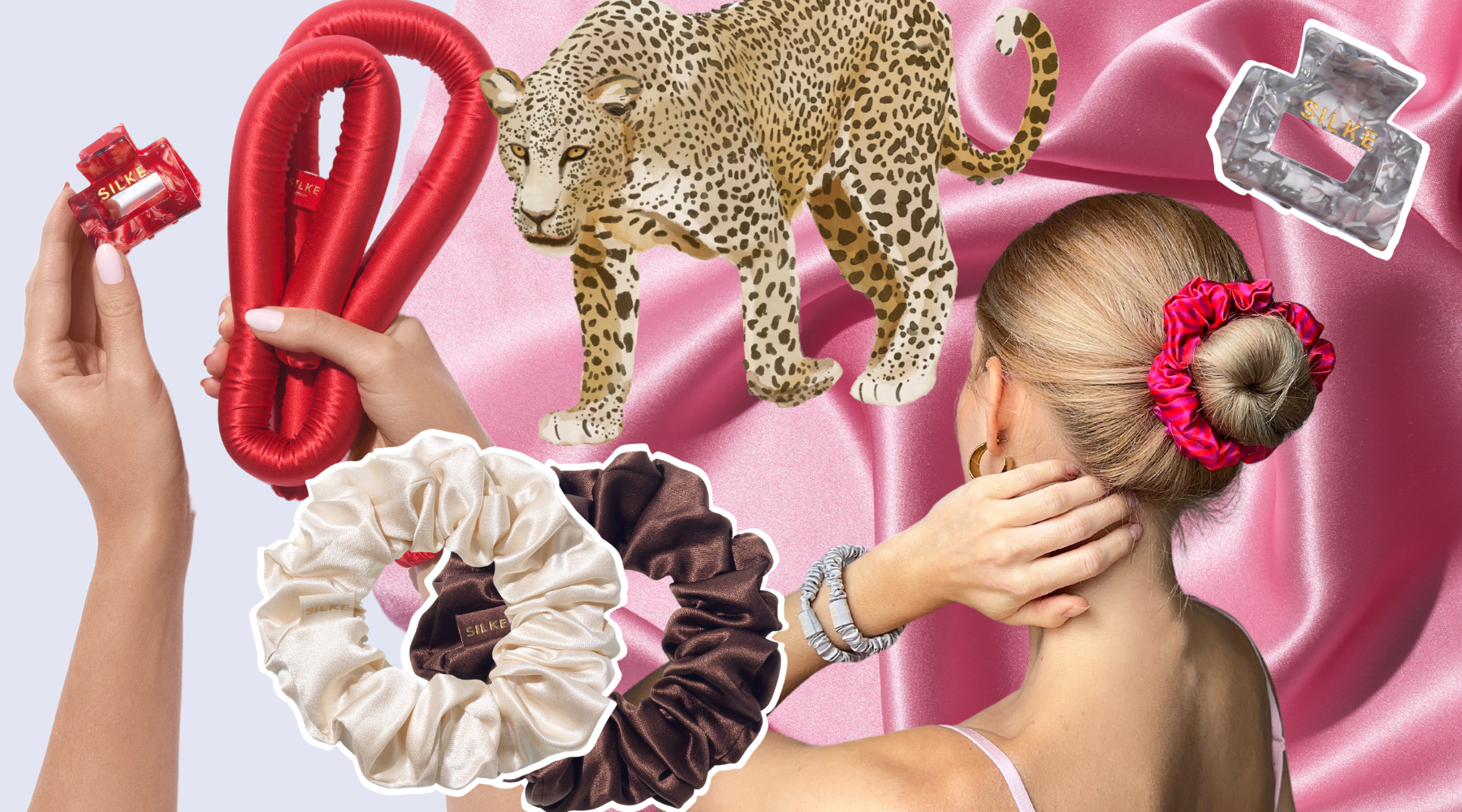
Leave a comment
This site is protected by hCaptcha and the hCaptcha Privacy Policy and Terms of Service apply.